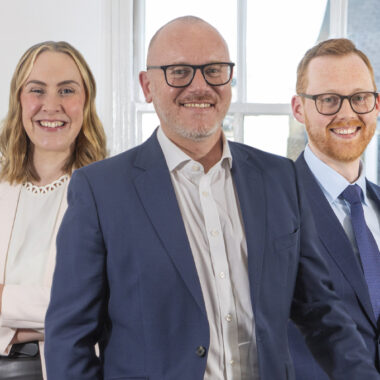In our latest article, Debt Advisory Partner, Simon Sherliker explores current debt market sentiment
An insight into the latest trends in the debt funding market
In our latest article, Debt Advisory Partner, Simon Sherliker explores current debt market sentiment
The September 2022 ‘mini budget’ led to unintended shockwaves through the UK economy last year with a bearish reaction from financial markets creating significant instability. This in turn triggered quantitative tightening and sharp rises to the BoE interest rate, which was already slowly increasing in a bid to combat uncontrolled levels of inflation. The aftereffects have continued to be felt in the debt markets in 2023 with borrowers acutely affected by the series of further rate rises – which are hopefully now over!
Q1 is traditionally a quieter period for debt-funded M&A activity, and this was especially the case in 2023 with a sense of nervousness pervading the market following the turmoil of late-2022. As is often the case in times of economic uncertainty, we instead saw a marked uptick in refinancing activity amongst corporate borrowers looking to shore up balance sheets and reduce uncertainty among their stakeholders.
Past experience suggests that businesses that continue to invest during economic instability are more likely to prosper in the long run, so it has been encouraging to support many clients undertaking refinancing in support of their ongoing growth and buy & build strategies.
As we head towards Q4, there are indicators that investment activity levels will continue to show a resurgence, with confidence and stability slowly returning to the market.

Return to normality
The rate of inflation has tempered, with forecasts indicating that the Consumer Price Inflation may start to drop more quickly than initially predicted; and this was supported by last week’s economic data. This could portend a halt to further increases in the BoE interest rate.
If the BoE does decide to hike rates further, the common consensus now is that the figure is likely to peak at 5.5% before reducing to c4.0% in late 2025. Businesses should therefore be able to act with increasing confidence that their cashflows have weathered the worst of increasingly expensive debt markets and a wage price spiral. With this in mind, we can expect to see an increasing willingness amongst companies to invest with the support of debt funding throughout the remainder of this year and into 2024.
So, what should potential borrowers be aware of before entering the market for investment?
Reviewing the options
Firstly, it’s worth noting that despite the increasingly positive sentiment around investment activity, we are not yet out of the woods. Financial forecasting is complex at the best of times, but recent levels of economic volatility and margin pressure make it even more challenging than usual.
As a result, borrowers can expect the due diligence process to take longer than normal with lenders requiring more certainty than ever that they’re making a sound investment. Borrowers that can demonstrate the fiscal and operational flexibility to mitigate prolonged periods of high interest rates or future economic shocks will obviously be seen as a safer bet for institutional lenders.
With this in mind, we’re also seeing private equity investors look to better guarantee returns in M&A transactions with an increasing use of contingent deferred consideration mechanisms.
In some cases, lenders are innovating their offering as well, with some offering fixed-rate tranches within the financing structure to help negate the impact of rising rates. Similarly, more lenders are offering payment-in-kind (PIK) interest, allowing borrowers to improve post-debt service headroom; although this leads to a more expensive ‘capital stack’ in the long-term as a trade for preserving liquidity.
However, borrowers should be aware that despite the short-term certainty that this can offer, a reduction to the BoE Rate is coming into long range view, meaning that fixed rate tranches could work out more expensive over time. For firms struggling to choose the option best for them, we would recommend calling in the help of an independent debt adviser with knowledge of the changing market trends.
In the face of continuing inflation and market uncertainty, such advice is often what makes the difference for business owners looking to find a most suitable funding partner.





